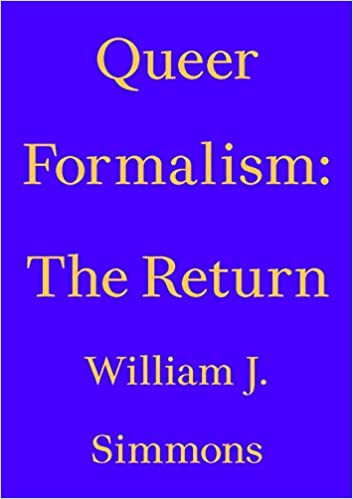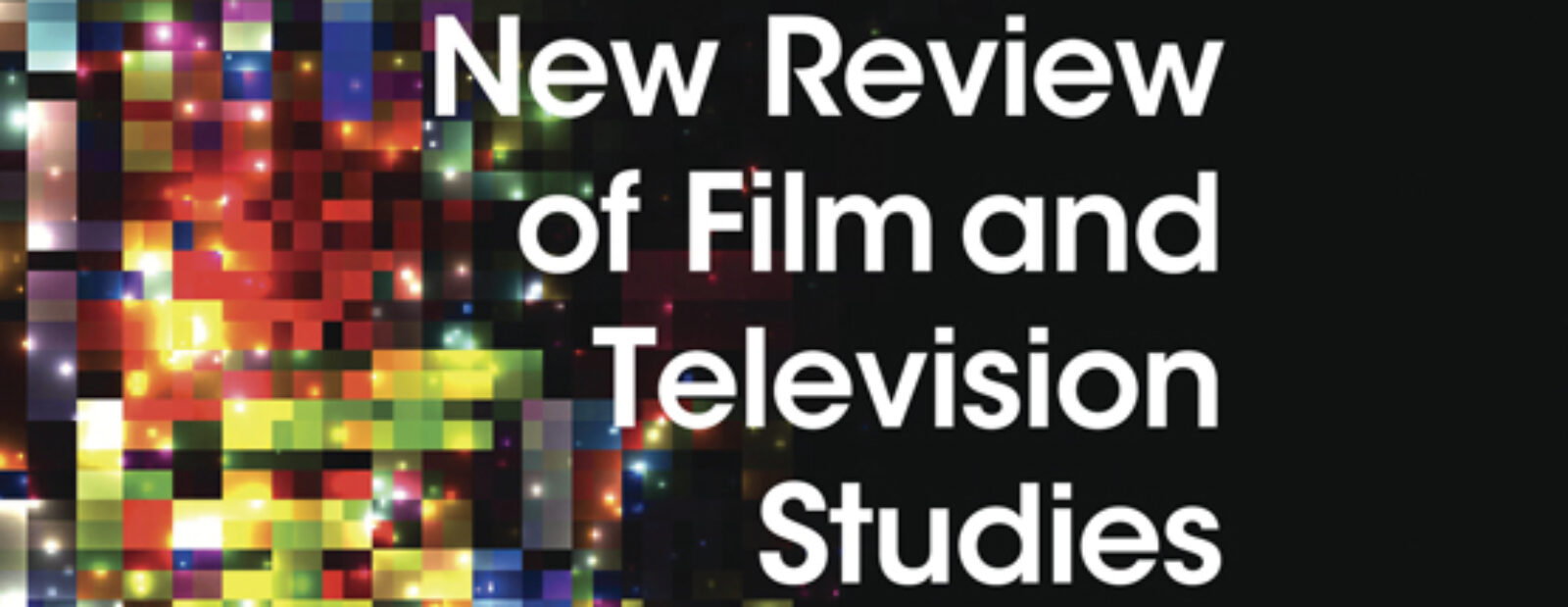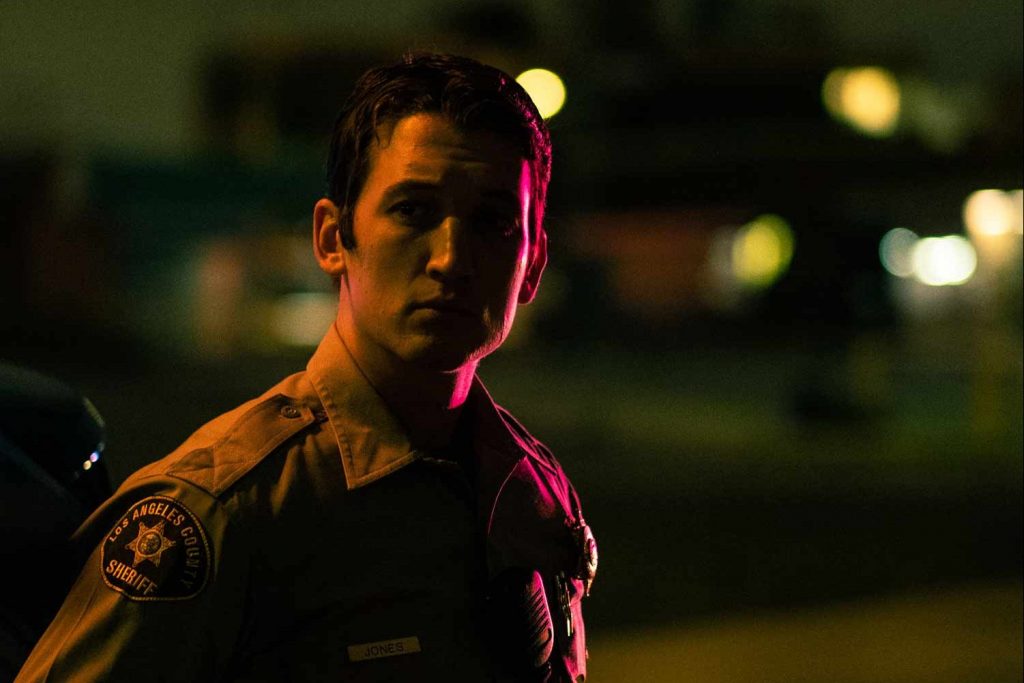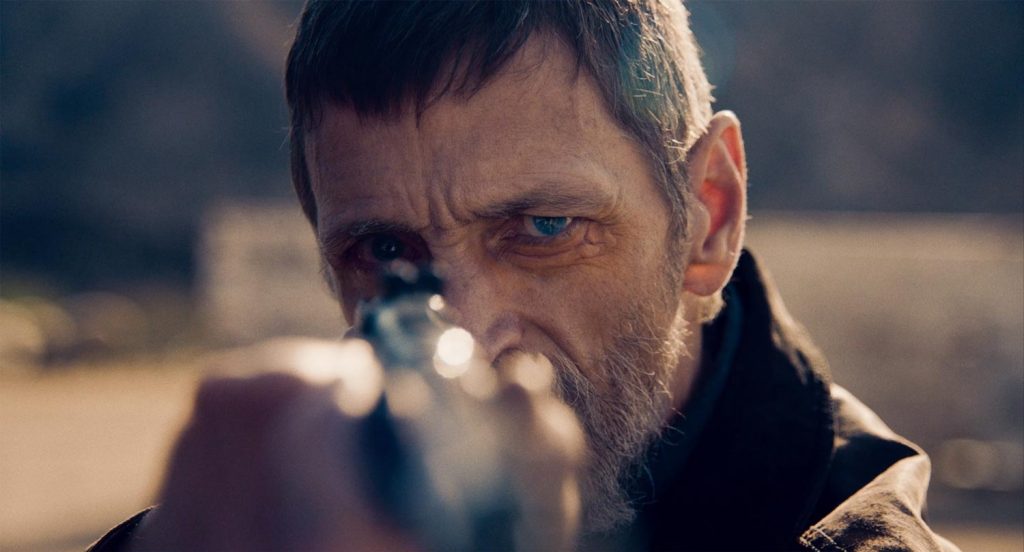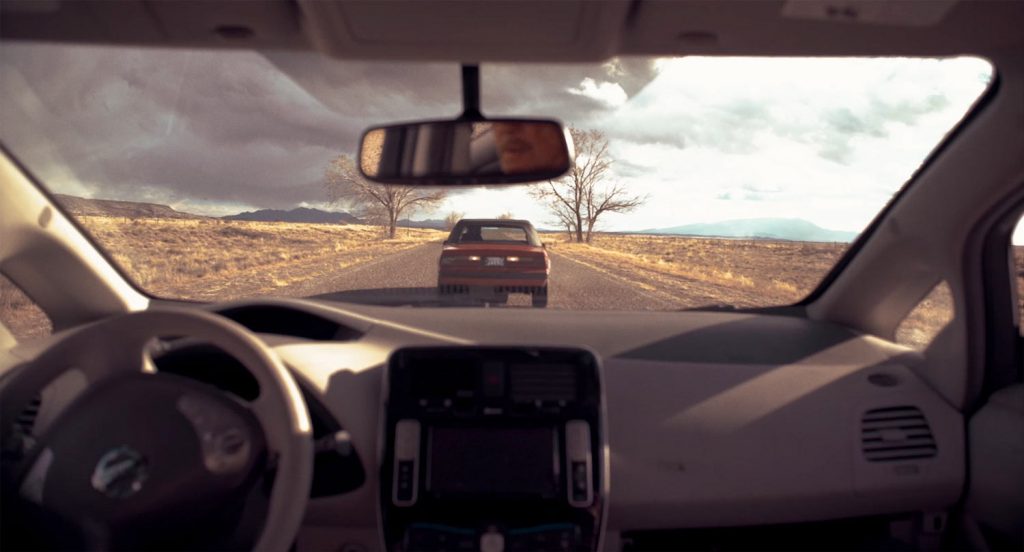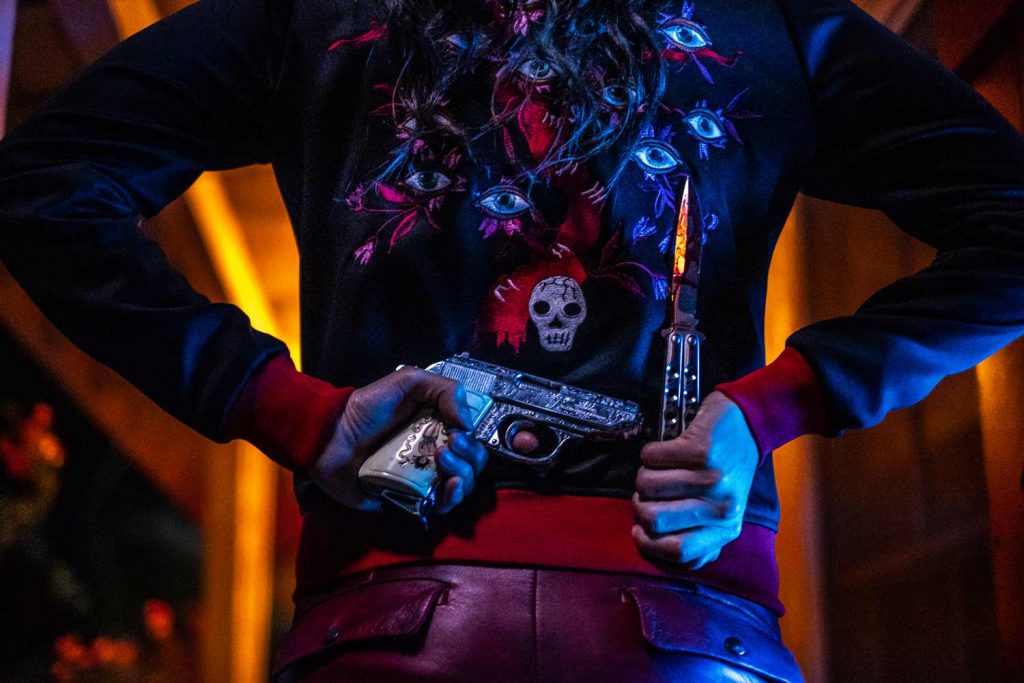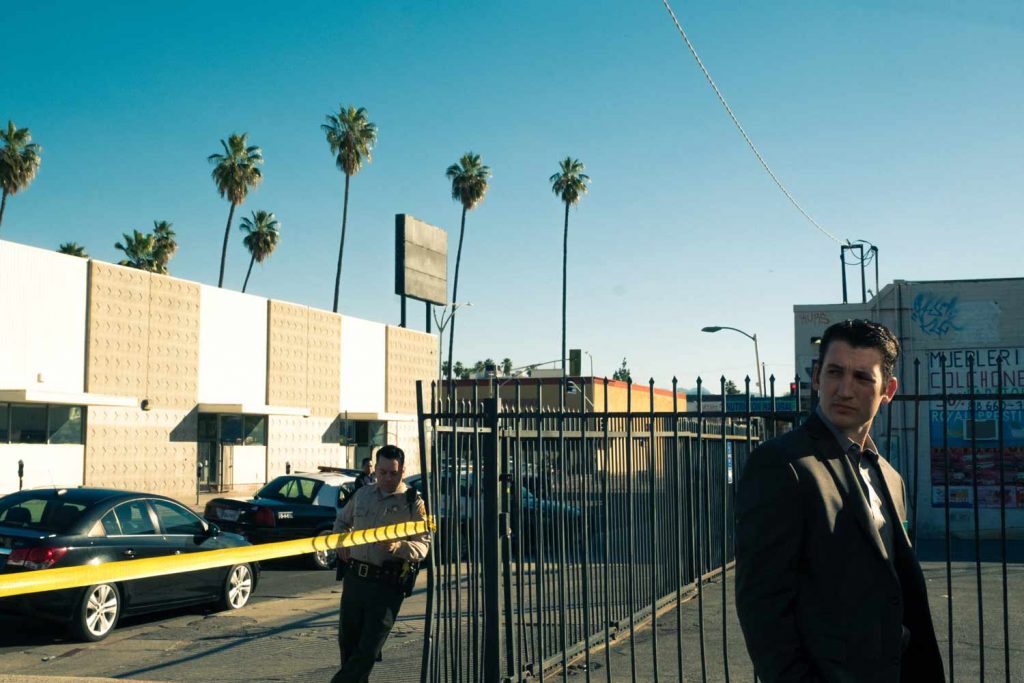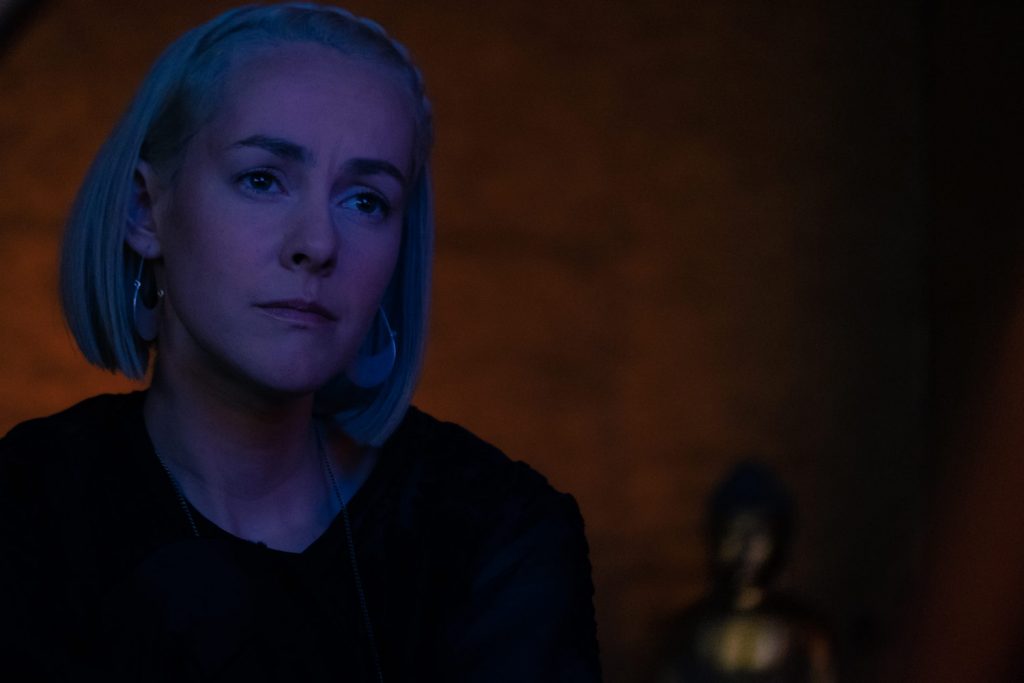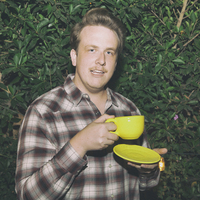By William J. Simmons

Introduction by William J. Simmons
Editor’s note: The poem that follows asks of readers the same open mind and intestinal fortitude as does Nicolas Winding Refn’s work.
The Olive Motel
Some man, indeed. Some man in the Olive Motel, not in its heyday, long after the iconic Art Deco sign had been replaced and the body of a strangled girl had been dumped behind a restaurant just a bit further down Sunset Boulevard. He wanted a film noir and all he got was a porno. He always got the shitty side of a threshold. This man, some man, saw a picture of the dead girl nestled knowingly within the motel’s Yelp reviews. She was beautiful, and he bemoaned the fact that she turned tricks and shot up and didn’t just work at Starbucks. The man, some man, sees in the corner a black plastic bag. It’s not shaped like a tall boy, so he assumes it’s filled with used needles and iodine and forceps and maybe even a dream that came true. He mops his brow and he wants to spit but doesn’t and he wants to jerk off but can’t. With nothing better to do, he approaches the bag and reaches inside and withdraws a book. There are no names to be queerly found anywhere, no authors or acknowledgements, no words. He turns the first page and hears the gangbang next door and the sounds of thickening veins. He looks at the barely hidden camera in the corner, knowing the manager is watching on the other side of the image with his dick out, and screams, “I don’t want to be someone else’s story!” The book is not a book, maybe, because it is printed on newsprint and the man staples it to the wall with someone else’s dried cum, a substance that is itself a history and a banal one at that. He once searched for the inexplicable pleasures of hip bones protruding from skin and bodily fluids that congeal in a hot shower. Now, he has no history in the Olive Motel, so it would be useless to imagine a time before or after once upon a time. He continues to paw feverishly, but it seems that the book’s pages are all blank, save an epilogue. The man, some man, shoves the book back into the plastic bag without reading further as soon as he sees the word “tomorrow.”
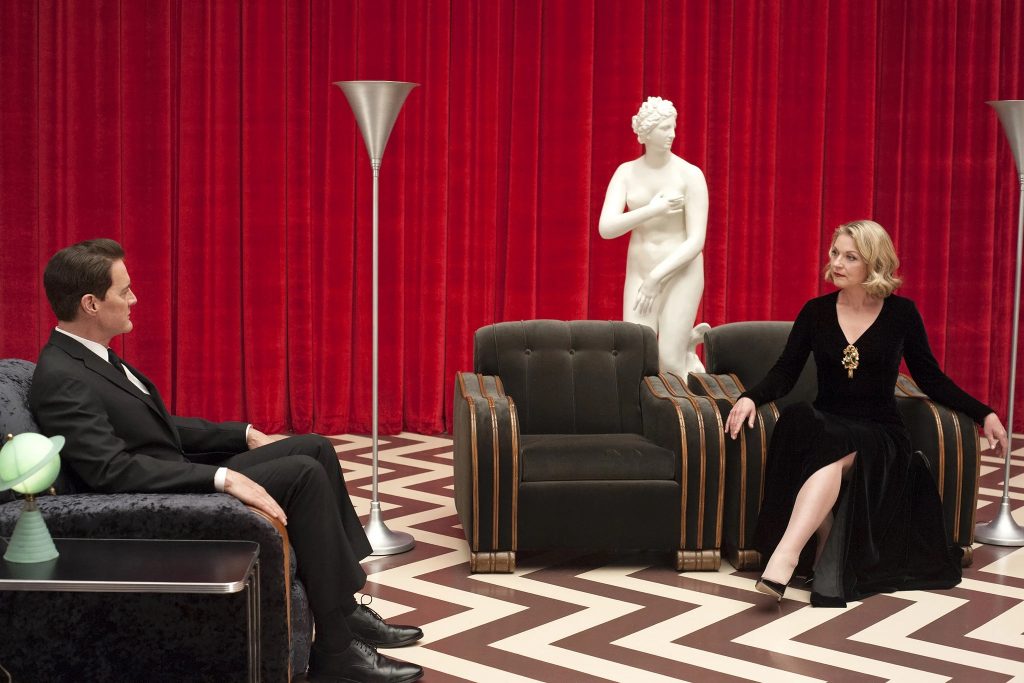
The following interview was conducted by William J. Simmons (WJS) with Nicolas Winding Refn (NWR) and is structured as a Q & A.
[WJS] I have to ask, there have been many comparisons between you and David Lynch, and I wonder what you have thought about it. For me, there’s two different kinds of earnestness or melodrama and two different approaches to LA in your respective work.
[NWR]: Of course, it comes up constantly. David Lynch is a great artist. I think he is terrific, and he’s certainly a force of nature like Lars von Trier is. They’re very individual and they have proven that staying true to yourself, that individualism can both be a curse and a blessing. Lynch is old enough to be my father, so I can see why people want to compare. There’s also, of course, the constant desire to understand, and when you don’t maybe really understand, you then find another reference that has been accepted. A lot of times, it can be just lazy writing, lazy understanding, lack of understanding, so that you automatically go to what it compares to in order to digest. Better David Lynch than so many others.
[WJS]: In text accompanying the vinyl record for The Neon Demon, you actually use the word “melodrama.” What you were saying about Lynch gets me thinking about influence and how melodrama might always consist of an element of comparing yourself to some sort of ideal.
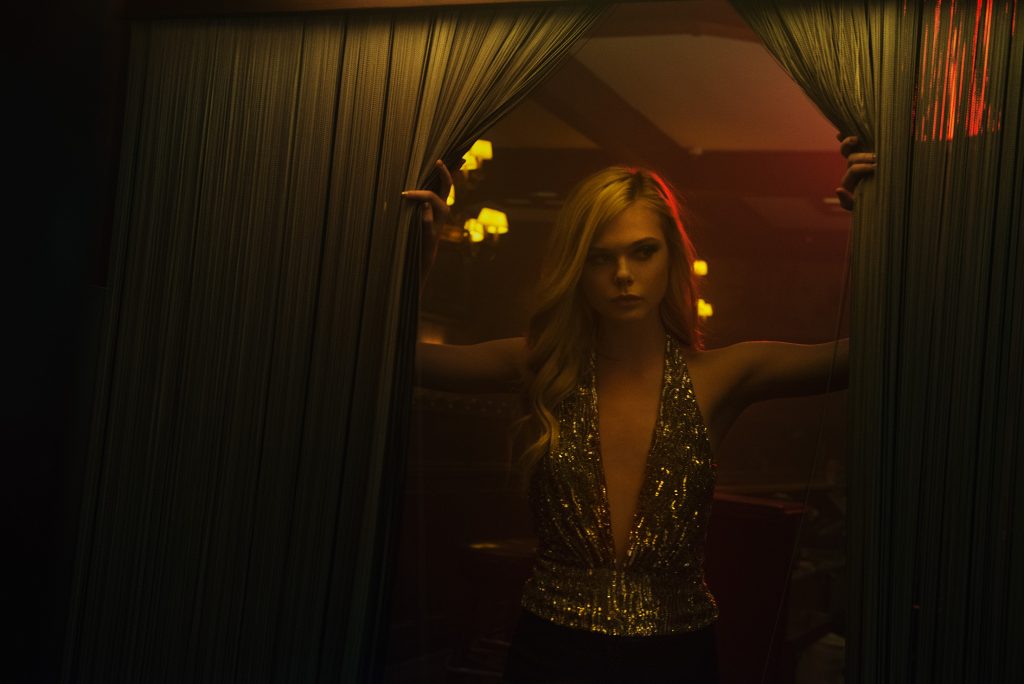
[NWR]: Yeah, I think a lot about that because film is such an early medium in a way. You know what I mean? If you go through the history of painters, you can always say that somebody was inspired by someone to do that or to do this, and of course, it’s the same thing with film. Every art form is an exchange to someone else, whether it’s generational, whether it’s of an experience, of an opportunity. It’s like everything is a natural evolution. It’s not a bad thing. In painting, you always recognize that you would learn to craft from someone else. I have never really interpreted that as degrading, but for some reason, it has sometimes become a form of critique like lesser. I think that is so ironic, because why? It’s just an extension. I mean, we’re all inspired by whatever. The idea is just to make it into your own. Then you could say plagiarizing and things like that or copying. That’s your own downfall as a creator unless you use it as a source of inspiration. Why on earth is that a negative? But of course, you could really see that in terms of the film history when the French New Wave kicked in. The idea of tearing down the establishment and rethinking everything and so forth. I mean, I’m not the biggest French New Wave fan, so I don’t think that everything was great coming out of it.
But that’s when the sense of references really became something because a lot of those people in France were film critics beforehand. They were analysts. They were meant to critique, and suddenly they started making films. And of course, there was the influence of American cinema and so forth, where it was all very much American iconography, American idealism, American storytellers. You had the American influence of the New Wave coming into the sixties and seventies. New Wave was a reference to European cinema. It was actually a counter-reaction to a certain political situation. Then you got into early eighties and nineties, and new generations would pop up. But because film is not very old, it’s very easy to go back and see somebody and be inspired by it. But in a way, from a critical point of view, I always believe it’s a terrible critique if all you do is just look at the comparisons because then you’re not judging it by itself. Then how dare you even have an opinion?
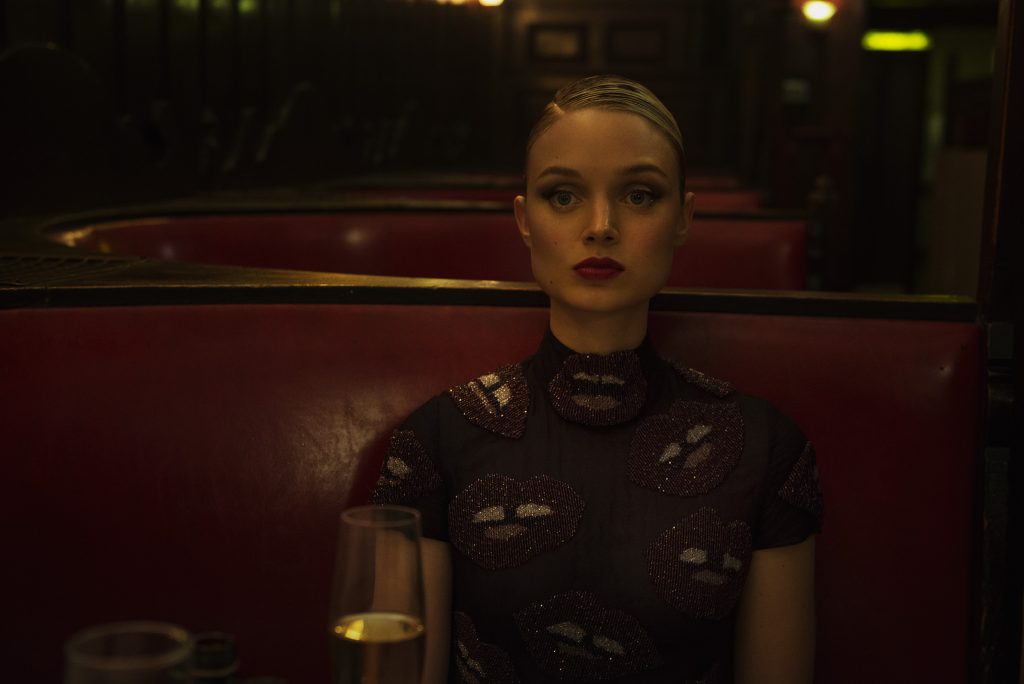
[WJS]: I wonder if that connects to your interest in exploitation cinema. I watched a 1980 found footage horror film Cannibal Holocaust the other day.
[NWR]: That’s pretty heavy.
[WJS]: I’m not pleased that I did, but I guess I am in an intellectual sense. It seems to me that a lot of those exploitation movies are very explicit in their citational nature. There’ll be ten movies with very similar names.
[NWR]: Well, I don’t know. For me, the whole exploitation interest that I went through, and we all kind of go through in many ways, it was more of an anti-establishment interest. It was something that was to rebel against my upbringing, which was very heavily influenced by a more dogmatic attitude to what cinema should be and what is correct cinema. What is bad cinema? What is good cinema? So, I always say, “I was brought up in a very healthy Scandinavian environment in Manhattan.” We lived very well. But of course, my mother’s generation of culture was very much heavily influenced by the New Realism or the French New Wave, and you always had to rebel. So, of course, to me, they became the antichrist, and the two things that my mother detested the most was exploitation and Ronald Reagan. It’s a form of American capitalism. A new form of American ideology that from a European standpoint was very distasteful.
Growing up, those were my two go-to ingredients to create your own environment. It’s a form of rebellion. I couldn’t do it via music. I mean, my mother had photographed all of the greatest jazz musicians in the world back in Copenhagen. Because Copenhagen, like Stockholm, had been destinations in the fifties and early sixties for a lot of these groundbreaking musicians that were otherwise disregarded in America because of their political situations. So, Scandinavia was very much a haven for a lot of these people. A lot of children of some of these people.
So, that certainly was not something that I could really do. There’s no point to having a musical reaction like that. So, cinema became something that I gravitated towards because of my dyslexia. Of course, later on, I realized that a lot of the films I did like I can’t watch now because they are pretty—it’s kind of past. It doesn’t mean the same thing to me, and so you look back, and then when you see Antonioni and things like that, you do realize how great it is. I’ve never been a big French New Wave fan, though. I did say that’s where I do draw the line, but the New Realism I find I was more interested in personally.

[WJS]: Did you say that your mother is a photographer?
[NWR]: My mother was a field photographer.
[WJS]: Oh, that’s amazing. I’d love to see those.
[NWR]: There’s just all these negatives in her storage. She has all these iconic images. She never did concert footage. She found that very dull, but she was able to catch a lot of them backstage, which is where you see the true soul of a lot of these people.
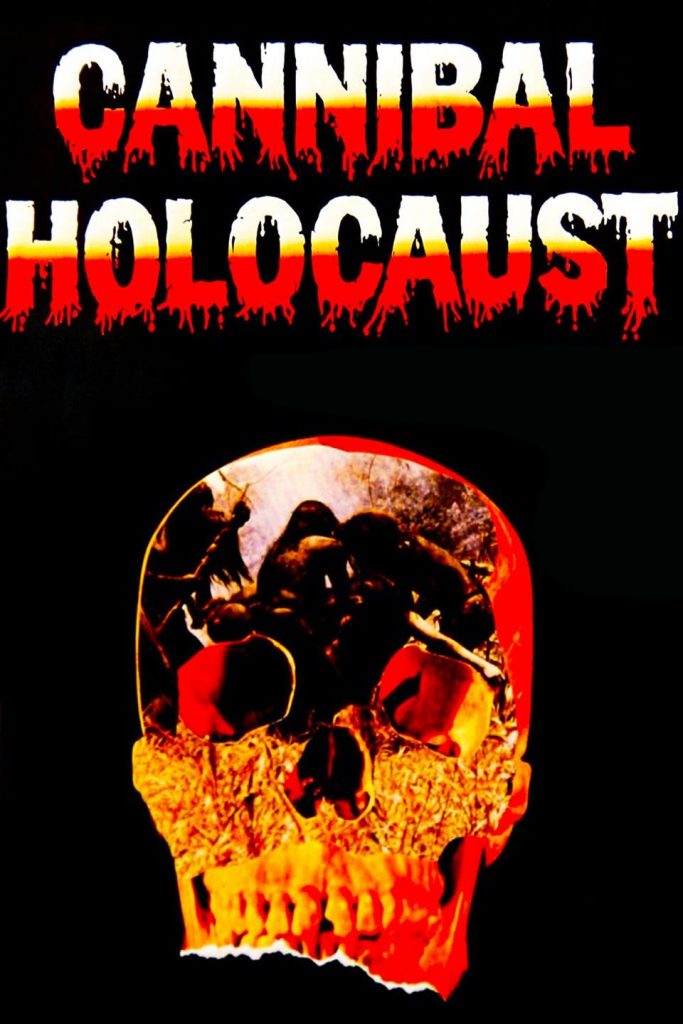
[WJS]: That gets me thinking to the other sort of big question that I wanted to ask. In watching these exploitation movies, you know, I told you last time we talked about watching the 1971 Mondo docudrama Farewell Uncle Tom, and how upset I was at you.
[NWR]: That’s a pretty wacky movie.
[WJS]: Yeah. And then I watched Cannibal Holocaust, which, you know, it was the turtle part that got me. I was thinking about how those films represent an interesting space between realism and—
[NWR]: The fantasy.
[WJS]: Yeah, and the desire to see that fantasy realized in some way. Especially with the whole discourse of people believing that those movies were real.
[NWR]: Right.
[WJS]: I wonder if that resonates with you in any way, this tension between the desire to believe or the desire for realism.
[NWR]: Well, I think it comes from your sensibilities. I mean, Italy has always had an enormous history of the extreme. It’s a country that’s very culturally rich because of what they have invented over the years, especially in art or fashion. There’s a vibrancy. There’s a sense of the fantastic. It’s heightened. Even though they were able to do this through the New Realism, there was a sense of extreme poetry within the people making it.
So, I’ve always gravitated towards that part of the world. It’s a country we travel to a lot, just socially as a family. And it’s the place I enjoy being the most outside of the US, in a way. I love America, but truly for me, Italy is just, they have it in their DNA. When you watch a lot of cinema from Italy, there is a much more fantastic absurdity. When I started making films with the Pusher trilogy, I thought about how New Realism created a sense of naturalism and the pursuit of authenticity. It was very interesting to me. However, I also got tired of it because it has its limitations, in my opinion, and so like the great Italian, you turn to the supernatural, or you turn to heightened reality. So, I’ve always had that fascination with Italy and Italian culture.
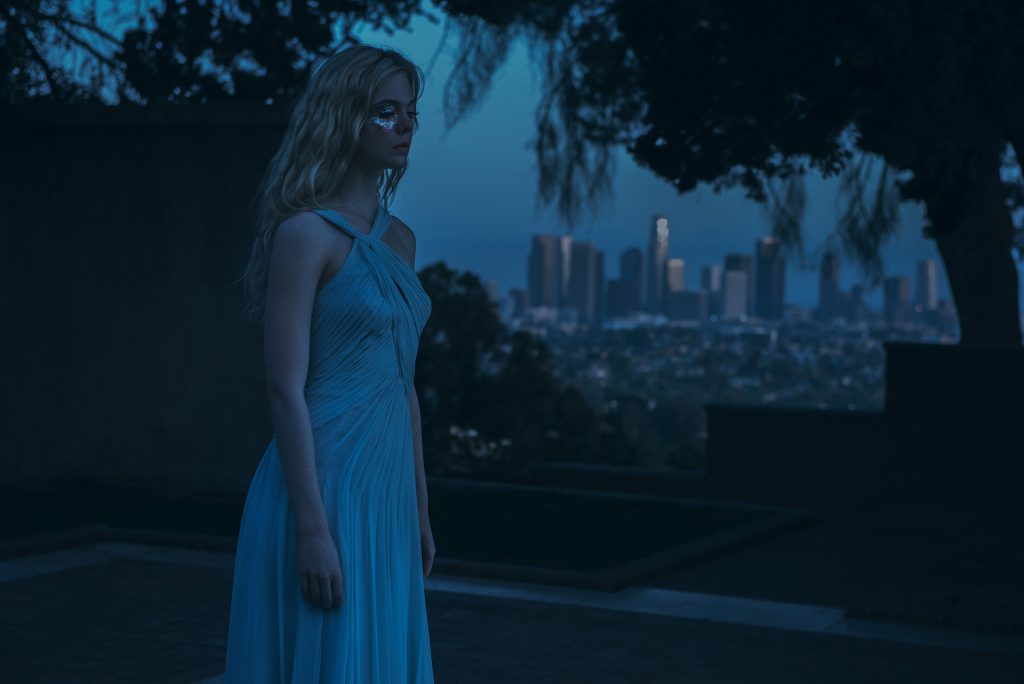
[WJS]: I’m always interested in how your work, and I think this connects to exploitation somewhat too, pursues authenticity, but there’s also an awareness that some things are inherently clichéd or inauthentic, but you make it a space for all of it.
[NWR]: What’s great about clichés is that they work. From a narrative point of view, part of narrative itself is merely craftsmanship. You know, how do you craft a story? The clichés are enormously valuable because they are accessible. You’re able to bypass a lot of explanations by using the cliché. The trick is just to personalize it in a way that it becomes your cliché and not a replica of another cliché. Even though that in itself can almost become the art form because, at the end of the day, a cliché will never get worn out. We’re going to have stories of boy meets girl, girl meets boy, boy-boy, girl-girl, trans, whatever. But the DNA’s the same thing. Now, that’s a cliché, yeah. The question is, what are you going to do with it?

[WJS]: Right, and I think that has to do with genre too, and I was thinking about the ways in which your work has been received. It seems to me that with you, with Steve McQueen also, certainly with Lynch, there is a real obsession with to what degree you and his colleagues are or are not transcending the confines of genre.
[WJS]: That doesn’t happen so much in visual art. There is less of an interest in lineage and genre, and I find it really interesting in film that there is this really fascinating investment in genre and whether or not people are transcending. Like arguing that Steve McQueen transcended action movies with Widows or what have you—is that a source of value?
[NWR]: Yeah. Well, some of that originally comes from the world of traditional art, whether it’s installations or paintings, photography, or whatever. Moving into the area of film, what’s interesting is, though, is that it’s that strange combination. Film is such a mass-produced opportunity financially and art as well. I think that’s what makes film still such a seductive space to work in for artists, because it’s the combination of it all. Film is a kind of a frontier where we all seek some kind of menu à la carte and see how we can walk that fine line. I think that to me, I’ve certainly approached film much more because I can’t paint. I’m not a poet. I’m not a writer, really. I can’t work with clay. I don’t dance. I can’t play a note to save my life. I don’t have any artistic skills like some of the other people that you mentioned.
So, what I did was that I decided to become the canvas. Rather than someone creating a canvas, I was going to be the canvas. Everything that I would do would become a pure extension of me, and that became my tool. That became my craft—I can channel me using this medium. I mean, desire for fame is part of it. Fame, culture, celebrity culture is part of it.
Whereas the other part of working in your inclusive space is not wanting to be part of anything at the same time. There is a constant yin and yang, but I was able to figure out how I could turn my weaknesses, things that I couldn’t do, into my strengths because now what I do becomes one hundred percent me.
[WJS]: That’s a great space to be in in a certain sense.
[NWR]: Well, it is for me because I’ve found my arena to thrive in, even with all the things that I’m criticized for by the establishment and always have been. I’ve certainly had my differences with the establishment, who I have opinions about. But they are very much always criticizing me for the same thing over the years. It’s usually self-indulgence. Choosing one kind of aesthetics over another, whether it’s style over a text, or narrative not existing by prioritizing something else. How I pace my work, even though I’ve done many different kinds of paces. I’ve done in-your-face; I’ve done the exact opposite. I’ve done still; I’ve done fast. And even though when you’re still, you can be moving fast. I’ve done all those things, and I’m criticized for it as well. When I was in Cannes this year because we were there with Too Old to Die Young, it was the new Cannes because I was now there with streaming, which they’d never done before. Even though I wasn’t in competition because they couldn’t legally put it in, I presented myself as if I was. We would treat it like we were, because at the end of the day, what was there was something new.
I remember saying to someone, “All these repetitive opinions of me that in a way get more and more mean and resentful—do they ever think that I’m one day going to listen, like go like, ‘Oh, of course?’ or ‘maybe I should?’ or ‘how about?’” No. On the contrary, you’re just fueling the gasoline for me, the engine. That’s everything from what I do to how big my credit is. If you think it’s big this time, just wait until the next time.
Beauty and Fantasy: An Interview with Nicolas Winding Refn – Part 1

Read more about the author’s new book Queer Formalism: The Return
